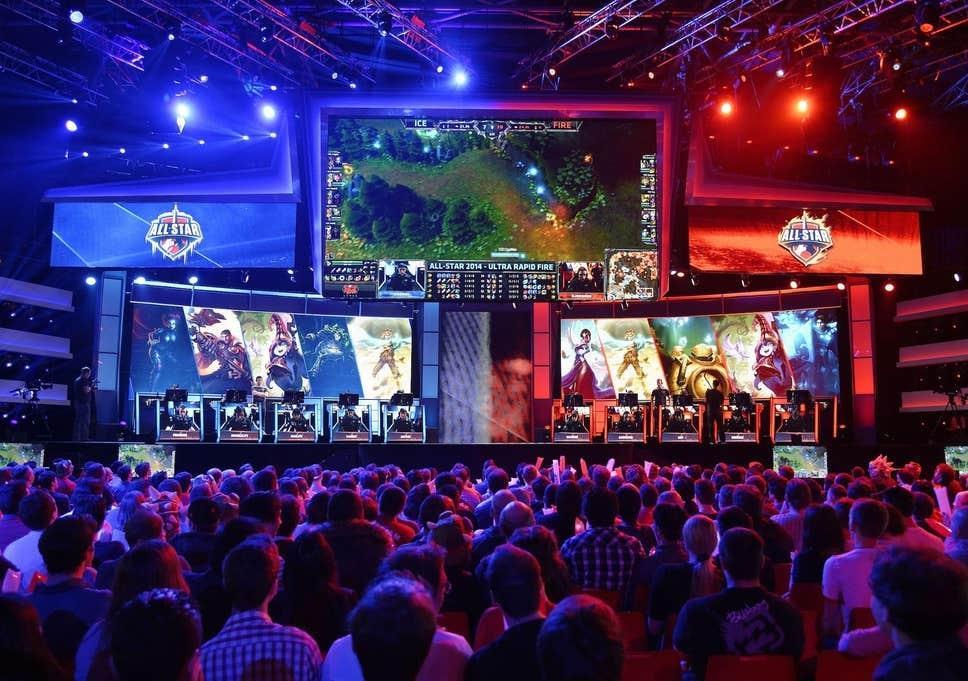The Middle East’s gaming industry is rapidly evolving, putting the region on track to become the industry’s epicenter. According to recent developments, MENA countries are revolutionizing gaming and related technologies faster and more uniquely than most established hotspots, including the United States and Western Europe.
As a result of the multifaceted revolution, gaming has become a popular pastime, a social activity, and a source of technology for other e-commerce sectors. The Middle East is on track to become a major player in the global gaming industry at the current rate of change.
Gambling’s Changing Status in the Middle East
One of the most noticeable recent changes in the traditionally religious and conservative Arab world is the growing acceptance of gaming. What was once considered a mere recreational activity has now become a socially accepted activity, thanks in part to the rise of online gaming. Gaming has become an integral part of daily life, particularly among the younger generation, fueling the industry’s rapid growth and expansion in the MENA region.
This shift was also influenced by the COVID-19 pandemic. People sought hobbies and ways to socialize in the face of social restrictions, curfews, and lockdowns. Gaming offered a nearly perfect balance of entertainment and socialization. Despite riding this global wave, the Middle East increased its video gaming engagement as the rest of the world reduced theirs in the aftermath of the epidemic.
Increasing Government Assistance
The Middle East’s relatively new gaming culture is based on government support. The Middle East’s administrative authorities are rising to the challenge of supporting the gaming industry through consistent policy shifts. Government support is critical to the expansion of the gaming industry. Most administrations in the region encourage and support participation and spectatorship through various initiatives.
The governments of Saudi Arabia and the United Arab Emirates are particularly well-known for their accommodating policies, as they provide access to modern studios to both existing and aspiring players, gamers, and programmers.
In 2022, Saudi Crown Prince Mohammed bin Salman announced plans to produce over 30 games domestically and create over 39,000 eSports-related jobs.
Many Middle Eastern governments have bet on the gaming industry’s ability to spur economic growth and are working to expand it.
The Middle East is transforming into a technology incubator
Throughout the Middle East, gaming technology has evolved, and more changes are on the way. Through mass consumption, the region quickly absorbs gaming technology and contributes to its widespread adoption. Residents in the region have easy access to games through the internet, which has increased the number of people who play online on reputable sites like Arabicbet.org. They also watch a lot of gaming content on various streaming platforms and on social media.
The Middle East is also involved in the development and implementation of new technologies in the gaming industry. Virtual reality and the metaverse are two technologies and technological initiatives that are quickly gaining traction among the region’s large gaming population.
The massive gaming demand in the region is also attracting publishers and developers from all over the world. Experts in gaming technology are relocating to fast-growing tech hubs such as Dubai, and tech firms are establishing offices in the region to capitalize on its potential. With these trends, the Middle East is on track to attract a large number of talented professionals capable of developing better technologies and assisting in the creation and development of the future of the gaming industry.
The Investment Spike
The Middle East has proven to be an advantageous location for gaming investments. Unlike in other areas, investors in this region are not slowing down. Abu Dhabi Gaming, for example, is working to attract game developers in order to establish a self-sufficient gaming ecosystem in the region.
Other Middle Eastern countries face a similar situation. By 2022, gaming startups had raised more than $16 million in a variety of transactions, up from $15 million in 2021. Given the appeal of the Middle East’s gaming industry, investment is expected to increase further in 2023.
The Middle East gaming industry is thriving, as is the North African video game market. Tencent Games and other major corporations are establishing operations in the region, and several other international investors are expected to follow suit in the near future. By 2025, the Middle East gaming market is expected to be worth more than $5 billion.











